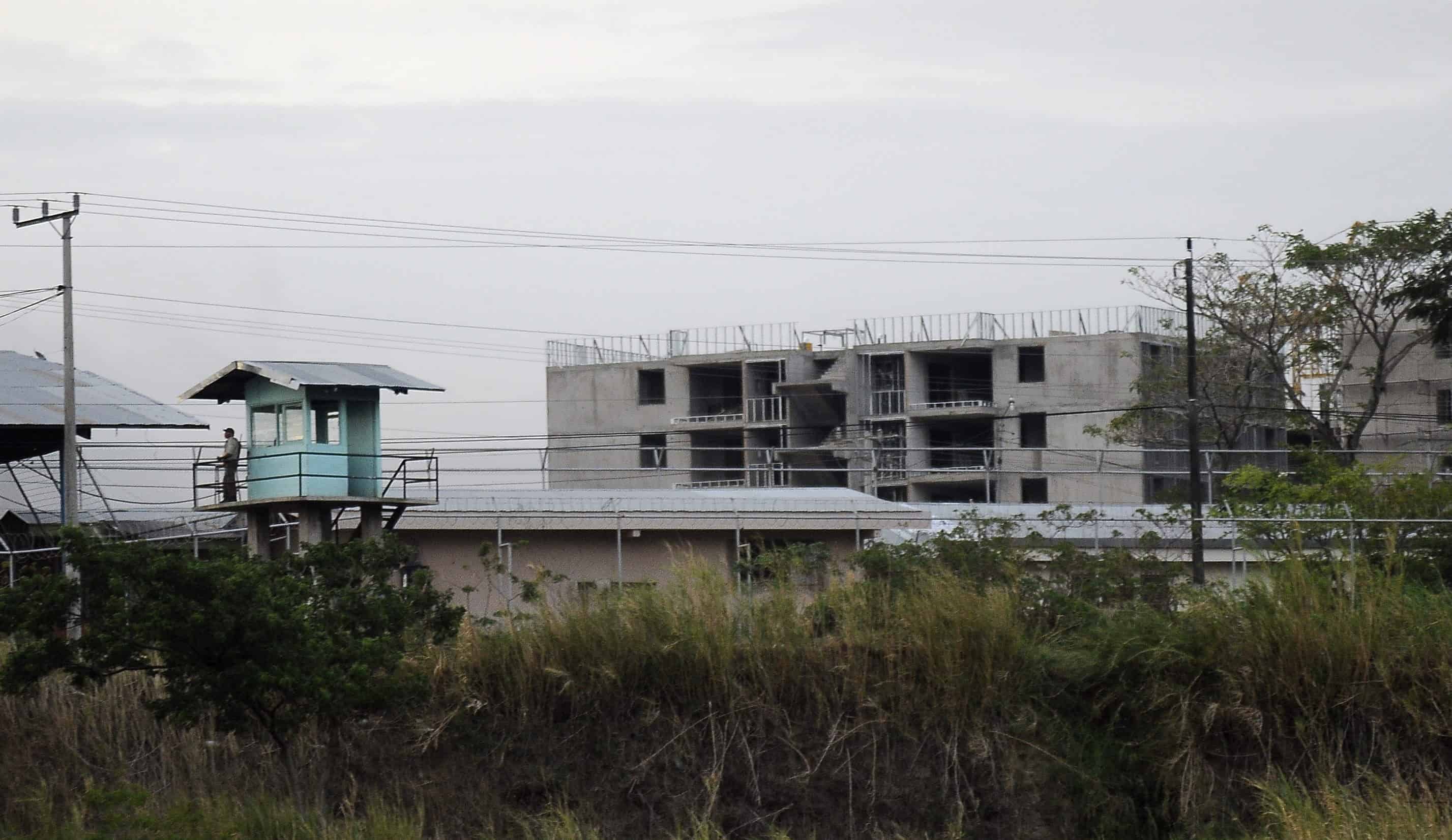Justice Minister Cristina Ramírez announced new leadership of Costa Rica’s penitentiary police Thursday following a scathing report from the Supreme Court alleging torture in La Reforma prison in Alajuela.
The shakeup also followed a controversial decision Wednesday absolving several guards of the death of inmate Johel Araya in 2011 at the same prison. Ramírez said the guards would be put on vacation leave and relocated to another prison inside the penitentiary system effective Wednesday.
On Wednesday, the Supreme Court announced it would open a disciplinary investigation into the possible role of Judicial Investigation Police (OIJ) in Araya’s death.
The minister named Pablo Bertozzi as the new director of penitentiary police during a press conference. Bertozzi previously served as assistant director of the National Police for more than 20 years. Although Vertosi has no formal experience working in jails or prisons, Ramírez said she hoped his appointment would improve the professionalism and training of corrections officers.
The minister also named Danilo Mesén, who formerly worked for 35 years in the prison system, most recently in Puntarenas.
Ramírez said she hoped the new leadership would “freshen and strengthen the important work of the Penitentiary Police.”
The minister added that Guillermo Ugalde, former head of the Penitentiary Police, would continue working at the Justice Ministry.
Prison overcrowding a ‘trigger’ for abuse
The minster told The Tico Times after the press conference that overcrowded prisons contributed to an environment where prisoner abuse could flourish.
“Prison overcrowding is a trigger that generates stress in the incarcerated population and also the officials who attend them. The priority is to reduce the levels of incarceration, Ramírez said.
“For 20 years now there has not been an important investment in [prison] infrastructure. Crime shot up in 2006 and we were left with the same infrastructure,” she said.
Costa Rica’s prisons are 38 percent overpopulated.
Ramírez said that besides building new cells the ministry would need cooperation from the court system. Some 20 percent of the prison population in Costa Rica, 13,800 detainees, are in jail as they wait for their day in court.
The minister said she wanted to raise awareness among prison staff that correctional facilities are not “warehouses for people,” but institutions to reform prisoners into productive members of society.
“They are human begins who happen to have their right of movement restricted as they comply with a conviction, but with the resources we have we must work to ensure them their remaining rights,” she concluded.






